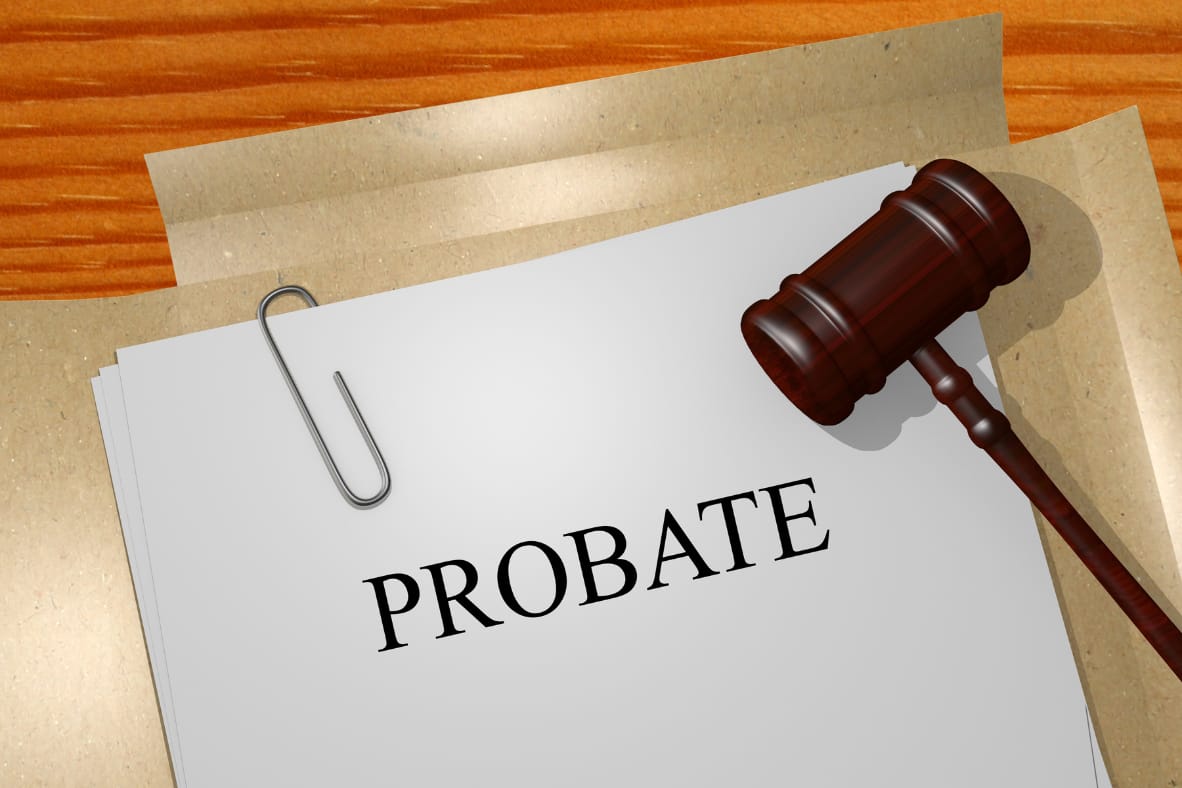
An estate planning lawyer helps clients create legal documents to determine how wealth, property and other assets will be distributed after death or incapacitation. The lawyer may also be called on to assist with the estate administration process after a loved one dies and guide beneficiaries through probate court if necessary. While an attorney can help with a variety of different legal issues, they are primarily trained in matters related to estate planning and trust administration.
A typical day for an estate planning lawyer might begin with meeting with a client to discuss their specific needs. The lawyer listens to the client’s wishes and goals and assists them in creating a document that is tailored specifically to their situation. This could involve drafting a last will and testament, setting up a living trust, or preparing beneficiary designations on life insurance policies, retirement accounts, and joint forms of ownership. In addition, an estate planning lawyer might assist with tax filings and reducing or eliminating inheritance taxes.
Those who work as an estate planning lawyer typically have full-time jobs that follow normal business hours. They may be required to work overtime on occasion to meet deadlines or prepare time-sensitive documents. The lawyer is responsible for maintaining a professional relationship with the client and is expected to keep up to date with state and federal laws that affect estate planning.
When choosing an estate planning attorney, look for someone who makes you feel comfortable. Estate planning is a delicate topic and you will need to disclose personal information that can be difficult to talk about. The right lawyer will make the process as easy and stress-free as possible.
If you’re in the market for an estate planning lawyer, ask friends and family for recommendations. You can also check out online reviews and ask for references from past clients. Many employers also offer a legal plan benefit that connects you with an estate planning attorney for a low monthly fee.
When looking for an estate planning attorney, be sure to find one who is licensed in your state. It is important to have a local attorney because it will be easier to coordinate meetings and attend court hearings. A good estate planning attorney will be well versed in the laws of your state, and in particular, you want an attorney with experience handling the types of assets that you have. They should also be familiar with state and federal taxation issues that might affect your estate.





